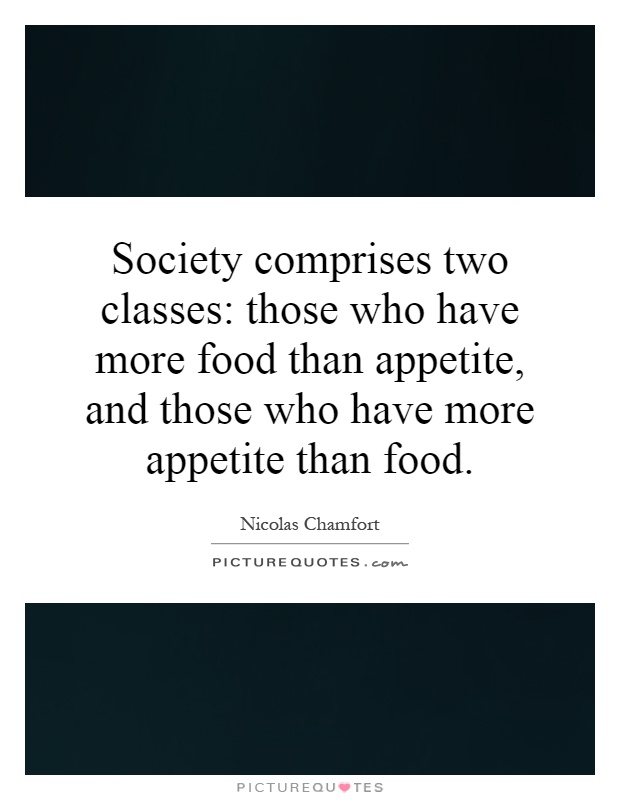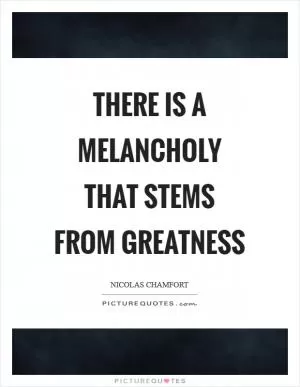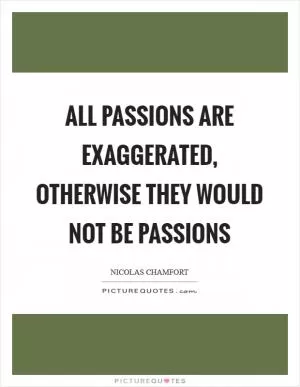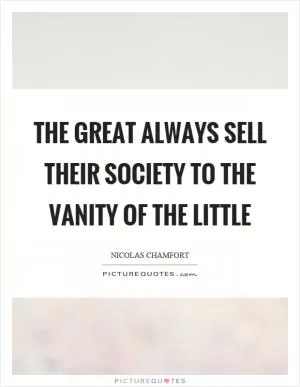Society comprises two classes: those who have more food than appetite, and those who have more appetite than food

Society comprises two classes: those who have more food than appetite, and those who have more appetite than food
Nicolas Chamfort, a French writer and playwright known for his wit and sharp observations, once famously said, “Society comprises two classes: those who have more food than appetite, and those who have more appetite than food.” This quote speaks to the disparities and inequalities that exist within society, particularly when it comes to the distribution of resources such as food.In Chamfort’s time, as in many societies throughout history, there has always been a divide between the haves and the have-nots. The wealthy and privileged often have an abundance of food at their disposal, while the poor and marginalized struggle to put food on the table. This disparity is not just about the quantity of food available, but also about the quality and variety of food that each class has access to. The wealthy can afford to indulge in gourmet meals and exotic delicacies, while the poor are left to subsist on meager rations and cheap, processed foods.
Chamfort’s observation also speaks to the idea of excess and scarcity. Those who have more food than appetite are able to indulge in excess, consuming more than they need or even want. This can lead to wastefulness and gluttony, as well as health problems associated with overeating. On the other hand, those who have more appetite than food are constantly hungry, always craving more than they have. This can lead to malnutrition, hunger, and desperation as they struggle to satisfy their basic needs.
In modern society, Chamfort’s words still ring true. The gap between the rich and the poor continues to widen, with the wealthy enjoying lavish feasts while the poor rely on food banks and government assistance to survive. Food insecurity is a pressing issue in many parts of the world, with millions of people going hungry every day despite there being more than enough food to go around. This disparity is not just a matter of economics, but also of social justice and human rights.












 Friendship Quotes
Friendship Quotes Love Quotes
Love Quotes Life Quotes
Life Quotes Funny Quotes
Funny Quotes Motivational Quotes
Motivational Quotes Inspirational Quotes
Inspirational Quotes